Cutting-Edge Barcode Scanner SDK For Decoding Blurred Barcodes
The barKoder Barcode Scanner API features a special algorithm that enables the Barcode SDK to easily decode heavily blurred EAN & UPC barcodes
The barKoder Barcode Scanner API features a special algorithm that enables the Barcode SDK to easily decode heavily blurred EAN & UPC barcodes
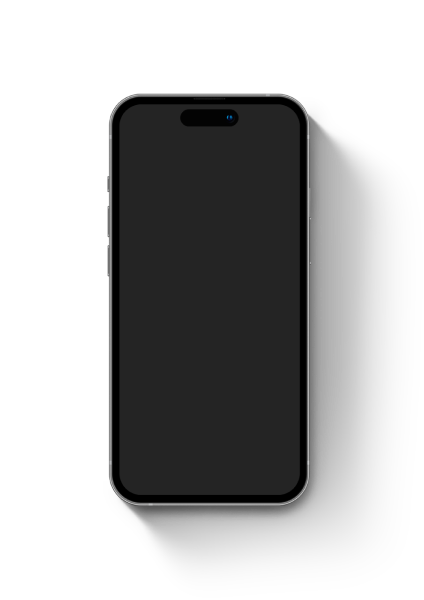

One of the latest technological advancements of the barKoder Barcode Scanner SDK is the unparalleled capability to decode heavily blurred EAN & UPC barcodes, even when there's a fusion between the separate bars. This technological breakthrough is a game-changer, especially in scenarios where UPC & EAN barcodes may undergo severe distortions and degradations due to various factors.
Traditional hardware-based barcode scanners often struggle when faced with heavily blurred or smudged barcodes. However, the advanced algorithm and image processing techniques embedded in the barKoder Barcode Scanner API enables it to decipher information from UPC & EAN barcodes that would otherwise be unreadable. Whether the blurring is a result of poor printing quality, environmental conditions or other factors, the barKoder Scanner API excels in delivering accurate and swift barcode recognition.
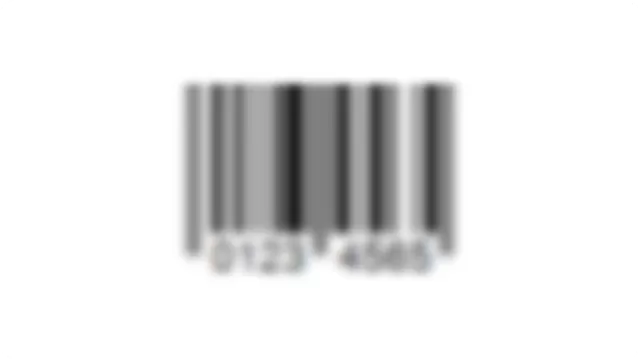
One of the remarkable features of the barKoder SDK is the ability to handle situations where the barcode's bars are partially or completely smeared or overlapped, a common challenge in the world of barcode scanning. The algorithm intelligently analyzes the blurred or merged lines, reconstructing the original data accurately through advanced methods of pattern matching. This breakthrough ensures that even in less-than-ideal conditions, the barKoder Barcode Scanner SDK can extract the intended information, maintaining a high level of reliability.
The versatility of the barKoder API goes beyond decoding heavily blurred barcodes. The DeBlur algorithm is designed to tackle various types of blur scenarios, including lens blur, motion blur and focus blur. This means that whether a barcode is captured with a shaky hand, in motion or out of focus, the barKoder SDK compensates for these factors, ensuring successful and swift barcode recognition in diverse scenarios.
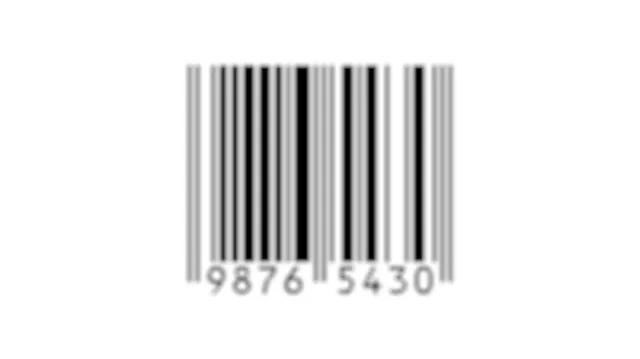
The barKoder SDK leverages advanced optics algorithms to compensate for distortions caused by different lenses. This ensures that barcodes captured through a variety of devices, from high-end cameras to smartphones, can be reliably decoded.
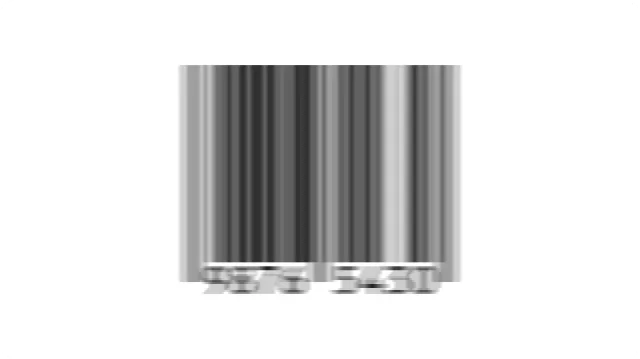
In scenarios where the barcode or the scanning device is in motion, the barKoder API's motion blur compensation algorithms come into play. This feature ensures that even rapid movements during the scanning process does not compromise the accuracy of barcode decoding.
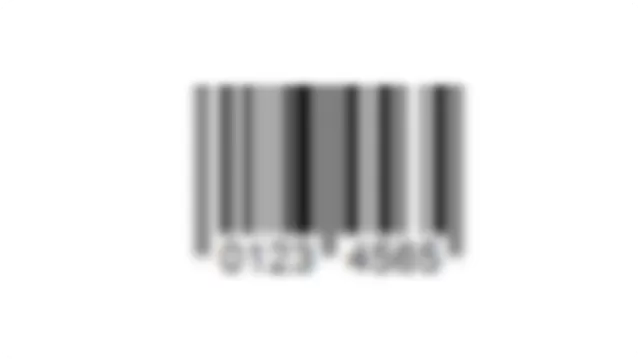
Whether dealing with close-up shots or situations where the camera struggles to focus, the barKoder API's focus blur support guarantees that the barcode decoding process remains robust and dependable.
The latest barKoder Barcode Scanner SDK DeBlur algorithm represents a significant leap forward in the broader barcode scanning technology. Its ability to decode heavily blurred EAN & UPC barcodes, handling fussed bars and support for various types of blur, including lens, motion, and focus blur, opens up new possibilities for all industries reliant on accurate and efficient data capture. This advancement underscores the commitment to deliver cutting-edge solution that pushes the boundaries of what is achievable in the dynamic realm of barcode scanning.
To fully experience the speed and accuracy of the Barcode Scanner SDK on your Android or iOS device, simply head to your preferred App Store by clicking on the respective button, or scan the QR Code with your camera.
Optimizing your experience with our app is effortless using our comprehensive Barcode Scanner SDK testing sheet encompassing a variety of 1D and 2D barcode types. Simply print or display the sheet on your device, and proceed to scan each barcode using our demo app. This efficient testing method ensures that our app seamlessly recognizes and processes diverse barcode formats, assuring you of its reliability and versatility across different code types.